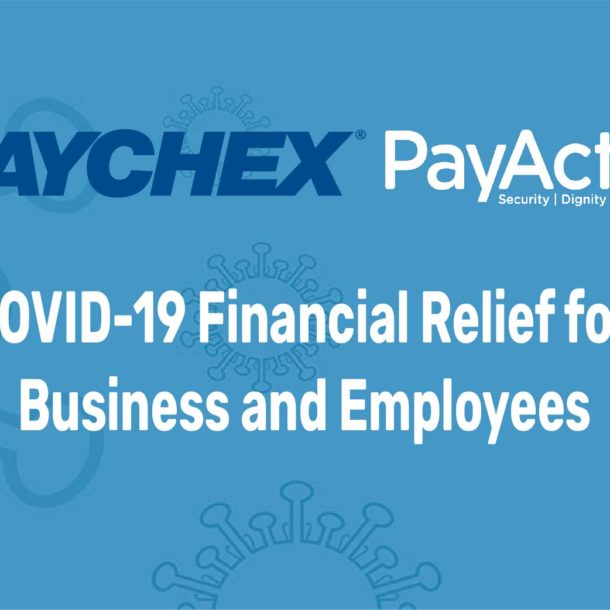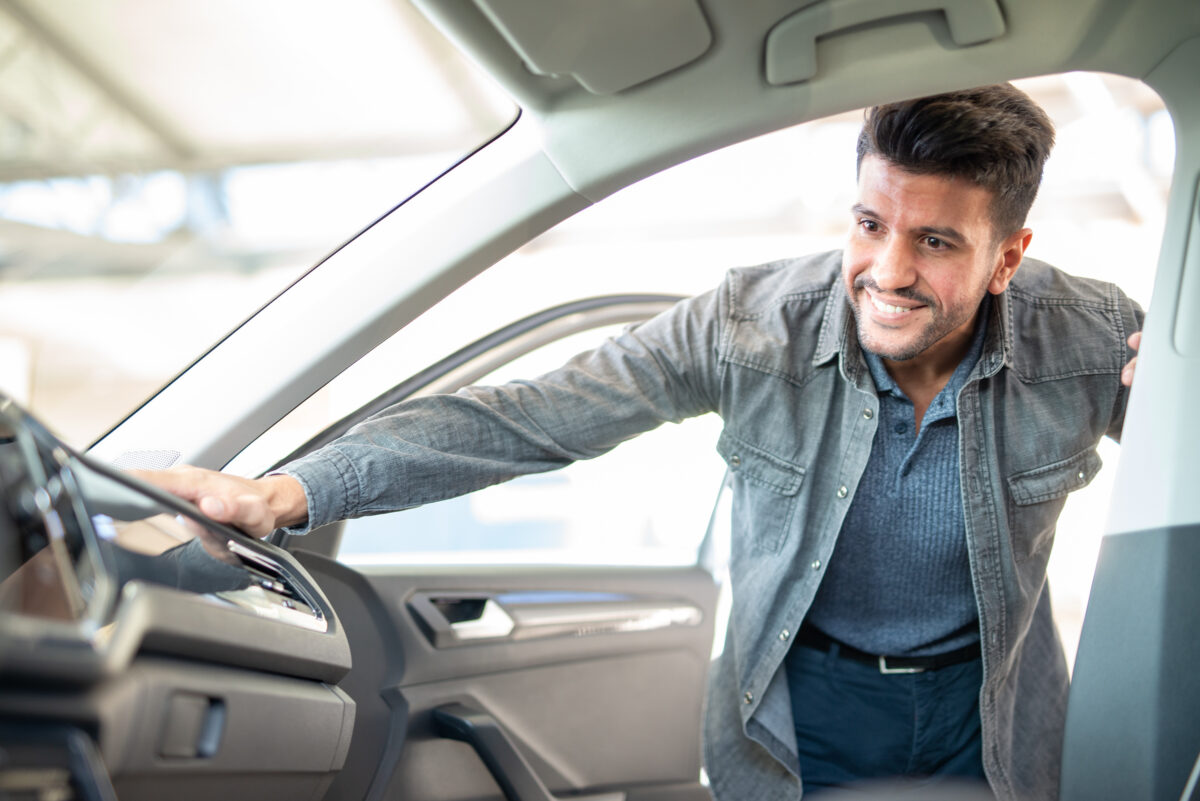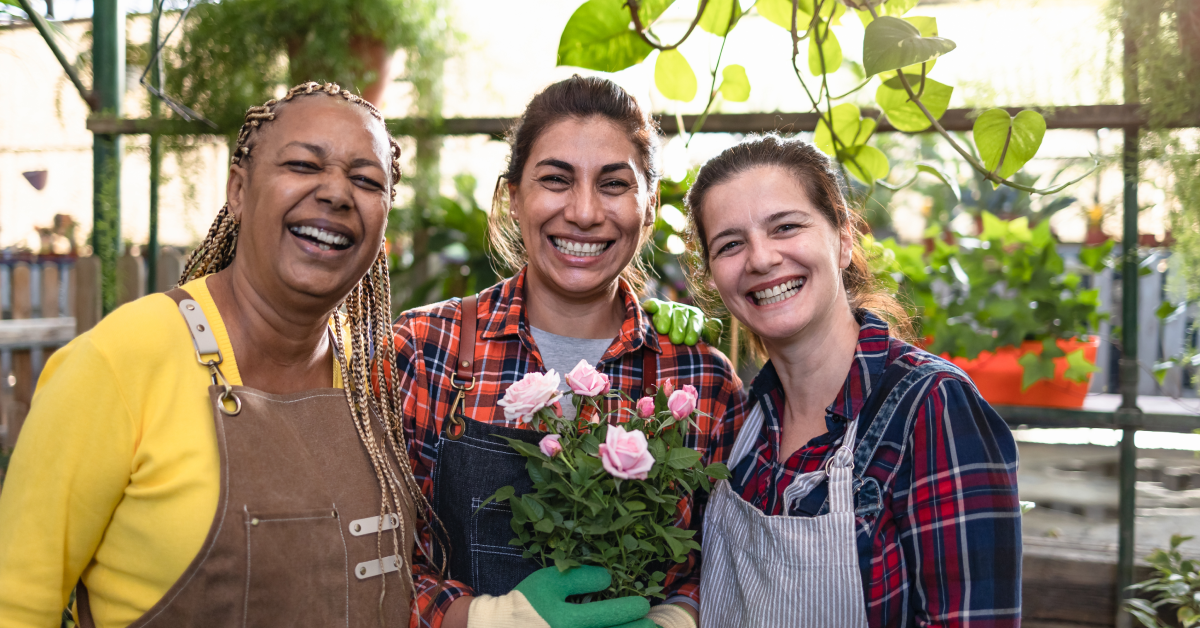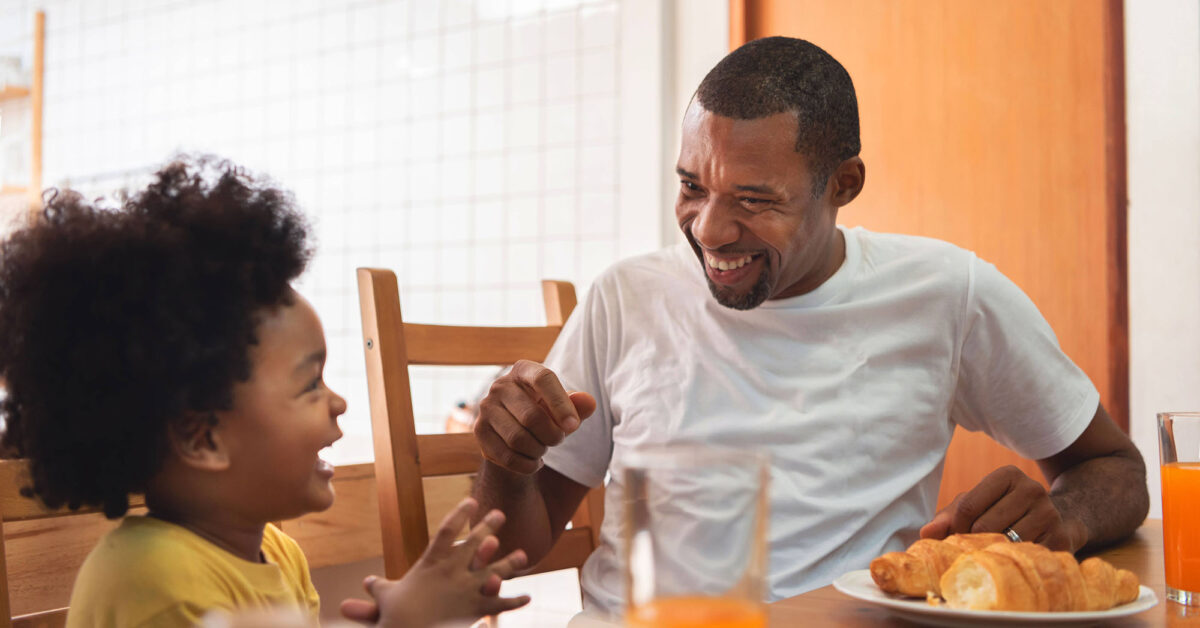
Covid-19: The Taboo Word, the Unspeakable Thought
When I get home from work this morning, Deon sits on the couch in his sweatpants, watching the news on his phone. We feel silly doing it, but both of us opt for waving hello instead of a kiss. Before joining him, I head for our tiny bathroom to disinfect, to pull off my scrubs that I’ll have to take to the coin laundry later today. I wait for the water to heat up before applying any soap. Funny. I’ve been a nursing aide for years, and I have never truly noticed just how long twenty seconds is.
Back in the living room, I sit next to Deon, who hits pause on a video on his phone. He is frowning. I look down at the screen, an image of our city mayor speaking at a podium. Another update.
“What’s happening now?”
“The mayor just announced for all non-essential businesses to close, including restaurants.” Deon sighs. “We are officially takeout only. Since I’m a chef, I’ll still be needed, but not much.”
“We talked about this,” I say. “We knew it was going to be tight for a while.”
“We did.”
“And you know I’ve been working nonstop since the start of this thing. You know these people I care for are high-risk.”
He bows his head.
“Now, tell me.” I reach for his hand. “What’s really bothering you.”
“My gig at the gallery next month got cut.”
Deon is an artist and has been working both at the restaurant and at pop-up events around the city. He’s got so much talent inside of him, the way the ink lands on the paper, the watercolor pooling at all the right places. I know there will be more chances for Deon, more opportunities. But this moment—losing income from both of his jobs, especially the dream one—must seem like the cherry on top of the cake that is the palpable anxiety of our community, the desperation in the supermarket, the lack of toilet paper, the fear of touching a doorknob.
“I know people say that this ‘social distancing’ just means more time to make art, more time to clean, to cook, do whatever,” Deon says. “But, to be honest . . . I don’t want to do anything.”
It’s haunting to see Deon like this; he is always the energetic one, the positive one. But this current time has us all scared. We’re all worried about our jobs, our finances, our health, and our loved ones that are susceptible to the virus, that are at risk of—the taboo word, the unspeakable thought—dying.
“Come on.” I stand up from the couch. “Put your coat on.”
“I’m not changing out of my sweatpants.”
“I didn’t ask you to.”
We walk to our neighborhood park. The air is cold and feels tight in our lungs. The trees hang over the streets, the sun sleepily climbing over the roofs of small houses and concrete complexes. In the park, an elderly man is hunched over, walking his dog. We step off the walking path and into the grass for him to pass us. It is fumbling and awkward and we don’t know what to say, but he smiles at us and we smile back and that is enough. Near the play area, two kids play tag, while a woman with a small baby cradled at her breast sits on a park bench, watching the children run. The moment is so distilled, so peaceful, I can hear my heartbeat inside my chest.
As we approach, the woman says “hello,” and we stand at least six feet apart, chatting. We notice two packages of diapers and a box of baby formula sitting beside the woman, unopened, brand-new. When we ask her, she says a stranger gave them to her this morning, when she told them she was almost out and the stores nearby did not have any in stock. “I’m so grateful.” She laughs, as if overjoyed by the kindness of this world.
Deon and I leave the park silent. When we get back into our apartment, Deon turns to me, wordlessly, and gives me a hug. Then he heads down the hallway. It’s not a minute later when he returns to the living room and sits down, his sketchpad and ink pens surrounding him.
This moment of crisis is only temporary, and our walk in the park shows us that. The woman without baby formula shows us that. The elderly man with his dog shows us that.
If you’re reading this, you’ve made it this far. Whatever has gotten you through tough times in the past, return to those things. Call a loved one, make art, learn a new recipe, take a walk by yourself through the park and recognize you really aren’t by yourself.
If you need resources to help get you through this time, there are resources available. Losing your regular work routine impacts you more than you may know. These next few weeks are scary, but you don’t have to face them alone.
PayActiv strives to support workers’ financial security and to strengthen the partnership between employers and employees.
Get Payactiv for your business
Related Articles
For many people, their first big purchase is their first car You need a vehicle...
Over half of North American employees are more stressed about their finances...
In today’s uncertain economic climate, financial struggles affect...
© 2024 Payactiv, Inc. All Rights Reserved
24 hour support: 1 (877) 937-6966 | [email protected]
* The Payactiv Visa Prepaid Card is issued by Central Bank of Kansas City, Member FDIC, pursuant to a license from Visa U.S.A. Inc. Certain fees, terms, and conditions are associated with the approval, maintenance, and use of the Card. You should consult your Cardholder Agreement and the Fee Schedule at payactiv.com/card411. If you have questions regarding the Card or such fees, terms, and conditions, you can contact us toll-free at 1-877-747-5862, 24 hours a day, 7 days a week.
** Central Bank of Kansas City is the issuer of the Payactiv Visa Prepaid Card only and does not administer, endorse, nor is liable for the Payactiv App.
1 Standard rates for data and messaging may apply from your wireless provider.
Google Play and the Google Play logo are trademarks of Google LLC.
Apple and the Apple logo are trademarks of Apple Inc., registered in the U.S. and other countries. App Store is a service mark of Apple Inc., registered in the U.S. and other countries.




